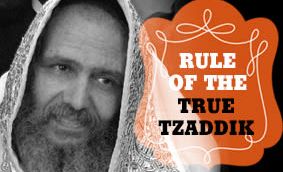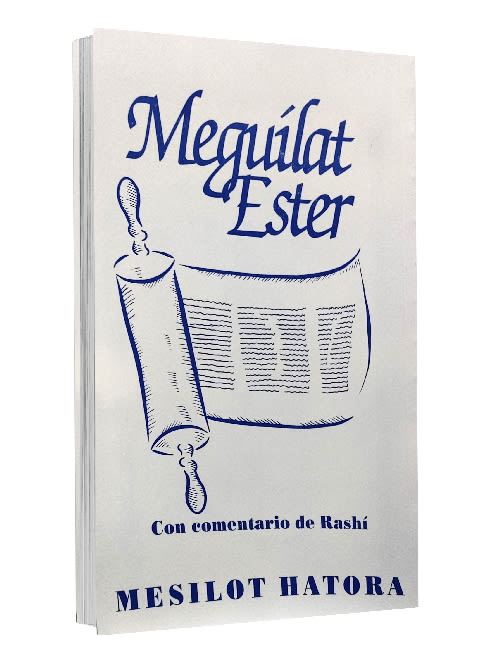
Shoftim: Your Personal Expert
How can a simple Jew possibly determine who is a real tzaddik, the genuine rabbi and spiritual guide that he or she should listen to?

"A prophet from your midst, from your brethren, like me, shall Hashem your G-d establish for you; to him shall you heed…"(Deuteronomy 18:15).
How can we recognize the true prophet, the spiritual leader that the Torah refers to in the passage at hand? The Torah itself asks, "How can we know the word that Hashem has not spoken?" (ibid 18:21). Even more perplexing is what Rashi says here, "Don't listen to him unless he's an expert for you and a known tzaddik like Elijah on Mount Carmel who sacrificed from a platform during the time that platforms were forbidden." How can a simple Jew possibly determine who is a real tzaddik, the rabbi and spiritual guide that he should listen to?
Two yeshiva boys who came from two different Chassidic groups were once arguing who is greater, A's rebbe or B's rebbe. Their debate became so vocal that the Mashgiach[1] of the Yeshiva overheard them. On the spot, he summoned both students. He asked young-man A, "Do you know how to say the Ata Chonantanu blessing[2] by heart?" Young-man A rattled off the blessing with ease, in one breath. The Mashgiach then turned to young-man B and asked, "Can you say the Vatodienu blessing by heart, the blessing that we say during  Kiddush when Yom Tov comes out on Motza'ei Shabbat[3]?"
Kiddush when Yom Tov comes out on Motza'ei Shabbat[3]?"
Young-man B's face flushed with embarrassment. He stuttered, made a few abortive attempts, but he couldn't recite the Vatodienu blessing by heart.
The Mashgiach consoled young-man B and said, "Don't be ashamed, because I don't even know how to recite the Vatodienu blessing by heart – in fact, I don't think that anyone does. Do you know why? We say the Ata Chonantanu blessing every single week on Motza'ei Shabbat. As such, everyone knows how to differentiate between the holy and the mundane. Yet, we rarely say the Vatodienu blessing – sometimes an entire year or two can go by without having a Yom Tov fall right after Shabbat. In like manner, few of us can differentiate between holy and holy. With an understanding smile, the Mashgiach turned to young-man A and said, "Your rebbe is your gateway to Heaven; he knows your soul, your talents and your unique qualities, your strengths and your weaknesses. But your learning partner's rebbe knows his. There is no one single spiritual expert and guide – each person has his according to the inclinations of his soul and Divine providence. Therefore, respect each other, and respect each other's rebbes. Both are holy."
The Mashgiach's analogy is alluded to in Rashi's above commentary, "an expert for you", for you in particular. Each righteous spiritual guide enjoys special Divine assistance for those who earnestly seek his help and advice. Since a truly righteous individual ia accustomed to nullifying himself, he is sensitive to the needs of others. Still, we haven't answered our original question: How can a simple Jew possibly determine who is a real tzaddik, the rabbi and spiritual guide that he should heed?
The answer is simple: if the rabbi and spiritual guide is capable of identifying a person's spiritual weaknesses, even if he or she doesn't know how to determine them on their own, then this is probably your "personal expert". This is what the above Torah passage hints at when it says, from your midst – Hashem helps the truly righteous spiritual guide to see a person's inner spiritual dimensions so that he can help that person get closer to Hashem. And, by virtue of his sensitivity to his students and to those who seek his help, he is able to identify what bothers them and provides them with the needed remedy to cure their aching souls. Also, one truly loves his or her "personal expert" even when he chastises them. So, if he scolds you and you still love him, listen to him, for that's your true spiritual guide, your "personal expert".







Tell us what you think!
Thank you for your comment!
It will be published after approval by the Editor.